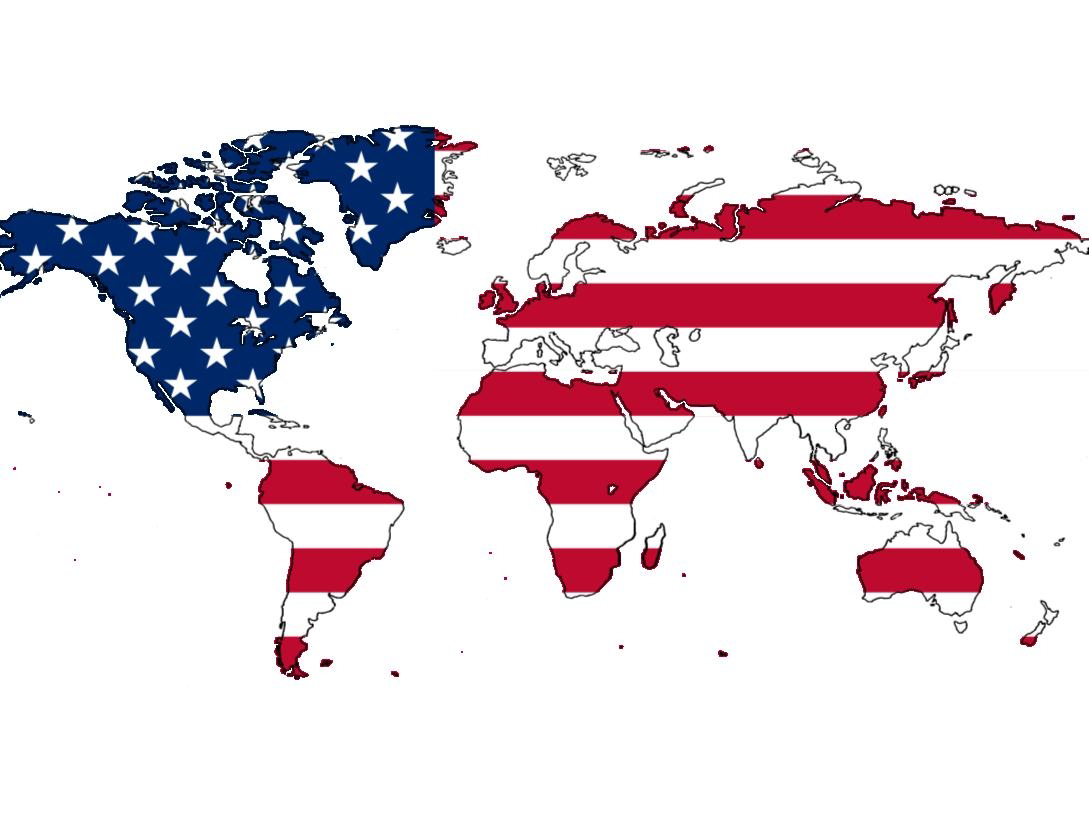
16 June 2024
Typical of the french and very amusing:Macron lost at the EU elections, the right won - Marine Le Pen, Rassemblement National, got an unprecedented just over 30%.By way of background: France is a semi-presidential representative democratic republic. The President of the Republic is the head of state, and the Prime Minister is the head of government. Elections to the National assembly are on a first past the post system and...



















